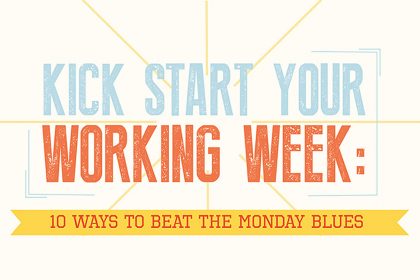Why you need a good night’s sleep – and how to get one
Often wake up tired and grumpy? Find out why you need a good night’s sleep – and how to get one.
We’ve all had sleepless nights that have resulted in feeling absolutely shattered the next day at work. Grogginess, emotional sensitivity and a distinct lack of ‘sharpness’ – these are all feelings we associate with a lack of sleep. But aside from these overt feelings, sleep has a much more complex relationship with your wellbeing.
A chronic lack of sleep can have dire consequences for your health and is associated with emotional duress. In fact, it was recently discovered that depression and anxiety are acutely linked to not getting enough or getting poor quality sleep. So it’s important that you know how to get a better night’s sleep.
Why you should be getting enough sleep every night
There are a number physical health benefits associated with getting enough sleep every night. For starters, it can help to keep your weight down. Low sleep has been associated with an increased risk of obesity in both children and adults, as when we’re sleep deprived we tend to have a bigger appetite.
Sleep also improves memory and concentration. Your cognition, concentration, productivity and performance are all at risk when you don’t get an adequate night’s rest the previous night. One study found that a lack of sleep had the same effect on the brain as alcohol intoxication. When you’ve had good sleep, however, there is a marked increase in problem-solving skills as well as enhanced memory performance.
And finally, sleep has been shown to help with fitness and athletic performance. It’s a prerequisite for all those who regularly attend the gym and has been shown to improve speed, accuracy and reaction times. It’s also thought that poor sleep is linked to slower walking as well as reduced grip strength.
How to improve your sleep
When improving your sleep, it’s important to note that it’s not just about increasing the quantity of the sleep you’re getting, but also the quality – and that all starts with a good mattress. After all, sleep is something you spend a third of your life doing, and you don’t want to be doing it on a bed of broken, misaligned springs.
If shopping for a new mattress in-store isn’t your thing, it is possible to browse for one online as well. Just make sure to always do your research before – the Telegraph, for example, has a comprehensive list of the best mattresses out there at the moment. Remember, you’re going to want something firm, that regulates your temperature and supports your body so that tossing and turning is kept to a minimum.
Keep your bedroom for sleep and sex
Once you’ve got your mattress situation sorted, it’s time to take a look at the space in which you sleep.
Your bedroom should be just that: a room for your bed. All other extraneous items – especially TVs, computers and mobile devices – should be removed and set up in another part of your house. Your bedroom should be used for exactly two things – sleep and sex.
This will help your brain associate your bedroom with rest, meaning you will condition yourself to fall asleep sooner and easier by mere association.
And lastly, you’re going to want to wind down before bed. Take a hot shower or bath, get changed into comfortable pyjamas and ease into bed with a book. If it’s noisy, has a screen or can stimulate you in any way then leave it out.
Avoid drinking alcohol and caffeine or eating within an hour or two of getting to bed – it’ll do nothing but keep you up and fracture your hours of shut-eye.
Need more practical sleep advice?
You’ll find plenty of useful tips in these articles:










